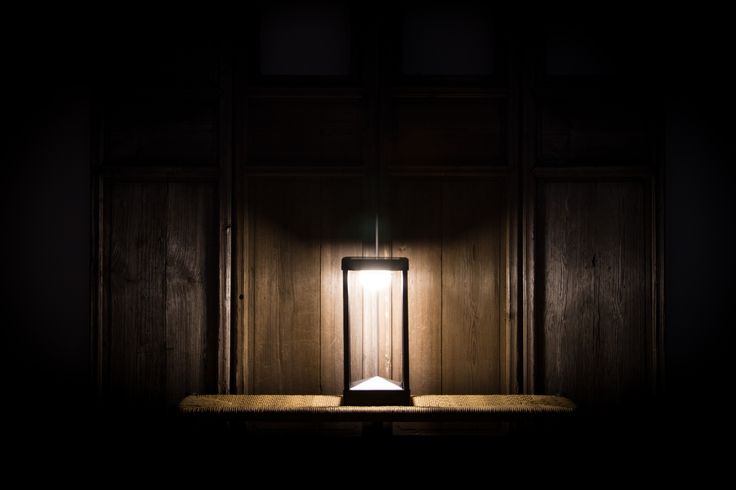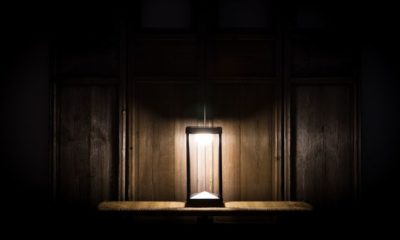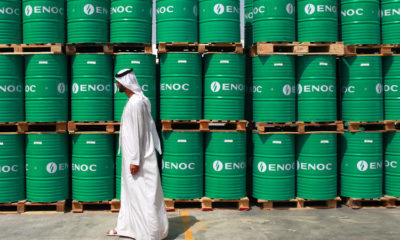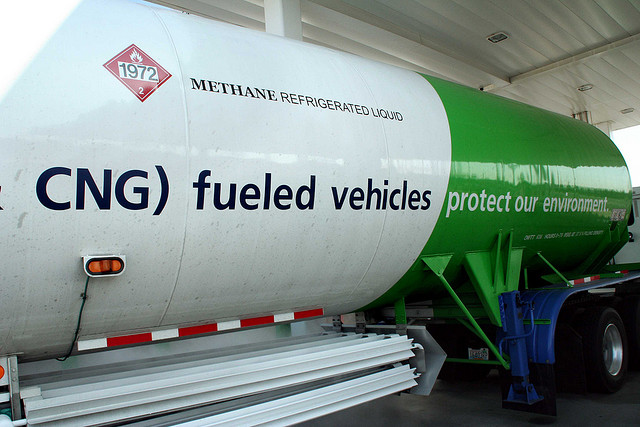Sunna Design, leader in connected solar lighting solutions, has signed a 40 million euro contract with the Government of Togo for the supply and installation over 24 months, and then maintenance over 12 years, of 50,000 intelligent street lamps. This contract, funded by the General Directorate of the French Treasury, is part of the larger project CIZO (“switch on the light” in mina language), which aims at electrifying 500,000 rural households, about 1.5 million inhabitants in 1,000 villages.
A pillar of Togo’s NDP (National Development Plan) deployed by the Togolese presidency, CIZO aims to speed up the modernization of the country, including ensuring universal access to electricity by 2030.
Connected lighting, a key step for rural development
Public lighting grids have an impact on rural communities’ life conditions and strengthening of the economy, by facilitating passenger and goods transport, pedestrian traffic, night work, as well as drastically reducing road accident rates and insecurity.
Solar street lights are autonomous and resilient energy sources, and the only relevant technical-economic solution to bring appropriate public lighting and connection services to off-grid areas. In Togo – where only 8% of the 8.3 million residents are connected to the grid – access to energy is a key factor for economical development. The challenge is also to promote geographical balance, in response to an unbridled urbanization phenomenon in Sub-Saharan Africa, through a planned deployment of sustainable, decentralized and smart infrastructures.
Mila Aziable, Minister Delegate to the President for Energy and Mines, says: “This partnership is the result of a shared ambition and is right in line with the Head of State’s will to achieve accessibility for all in terms of energy. We want to give a new dynamic to rural areas, make them more attractive through our contribution in all priority sectors and those of the local economy, while betting on innovative technologies adapted to our context, our time and our environment. This partnership clearly projects our country in a new dynamic, in the direction of a universal access to energy.”
Franck Riester, Minister Delegate attached to the Minister for Europe and Foreign Affairs, in charge of Foreign Trade and Economic Attractiveness: “We are proud to support Sunna Design’s sustainable public lighting project in Togo, for the benefit of more than 1.5 million inhabitants in rural areas. Under the initiative of the President of the Republic, we made Africa a priority of our international action. Central to our strategy is the will to accompany the development of infrastructures and technologies in a sustainable city. In these fields, our SMEs such as Sunna Design have an internationally recognized expertise. It is together, with our African partners, with the support of the private sector, that we must accompany the continent’s economic development.”
“The trust granted by the Togo Government – a visionary, pioneer and highly demanding partner in the fields of electrification and digitization in rural environment – acknowledges the solidity of Sunna Design’s know-how, as well as our capacity to innovate and accompany our clients over time” says Ignace de Prest, Sunna Design CEO. “That also represents a new step in our company’s transformation, now an essential partner for both urban and rural applications. The impact of the project on populations strengthens the teams’ commitment and our company’s project.”
A sustainable technological solution with a 12-year guarantee
Consisting of 50,000 connected street lights, Sunna Design’s project notably plans for:
- Solar lighting roll out in priority areas, identified and investigated beforehand via an unprecedented census study of rural infrastructures, ensuring a measurable economic and social impact of each lighting point on people
- The use of iSSL+ solutions, all-in-one connected street lights with batteries designed to resist high temperatures, produced by Sunna Design at its “Factory of the Future” labeled industrial site, in the Bordeaux region
- Operation and maintenance services during 12 years, including participation and strengthening of an ecosystem of local operators, promoting local employment
- Provision of a transparent platform for monitoring implementation and detailed performance of the solar solutions, accessible to public authorities, private and financial partners
The Togolese Agency for Rural Electrification and Renewable Energies (AT2ER), promoter of the project, was able to validate Sunna Design’s technical lead, robust equipment and track record in Sub-Saharan Africa rural areas, and finalize a unique project including performance and guarantee commitments over time.
Solar lighting related (connected) services
Sunna Design’s know-how extends beyond lighting: its solutions can integrate an ecosystem of IoT applications (connected objects), powered by the clean energy provided by Sunna Design’s intelligent solar batteries.
Autonomous and connected, these applications answer several needs in terms of connectivity, telecommunications and safety. They represent a development focus of the digital economy, another pillar of Togo’s NDP.
This innovative application has already been successfully implemented and tested by Sunna Design in Togo, in the frame of a pilot project operational since 2020, financed by the FASEP fund of the General Directorate of the Treasury. This project will allow the continuation of these experiments in some targeted areas, as well as skill improvement on the “WiFi Grid”, to offer Internet access to villages through the solar street lamps.
“This project will combine decentralized energy and broadband connectivity to provide both public lighting and Internet access to the populations. Thus, it complements our vision towards accelerating the convergence between energy and digital technology, which we will initiate by deploying optical fiber on the electric network” says Cina Lawson, Togolese Minister of Digital Economy and Technological Innovation.
A turnkey project with financing at the heart of Sunna Design’s strategy
This exemplary contract is at the core of Sunna Design’s strategy, aiming at bringing answers to its customers’ long-term issues, in the form of services. Three years after being the first company to offer Solar Lighting as a Service (SLaaS) in the United States, Sunna Design replicates the offer in Africa, and works to replicate it again. This project, carried out in Togo and financed by a direct loan from the General Directorate of the Treasury, proves that the company now has the most advanced range of technical solutions on the market, as well as the most comprehensive portfolio of services (installation, maintenance, operations, financing). This contract also marks the achievement, on a large-scale project, of the vision of solar lighting as a lever of economic and social development in rural environments, inspired by Thomas Samuel, Sunna Design’s founder, who also developed the project.

 Billionaire Watch3 weeks ago
Billionaire Watch3 weeks ago


 Startups4 weeks ago
Startups4 weeks ago


 News4 weeks ago
News4 weeks ago


 News4 weeks ago
News4 weeks ago


 Bitcoin4 weeks ago
Bitcoin4 weeks ago
 Naira4 weeks ago
Naira4 weeks ago
 Forex3 weeks ago
Forex3 weeks ago
 Treasury Bills4 weeks ago
Treasury Bills4 weeks ago















